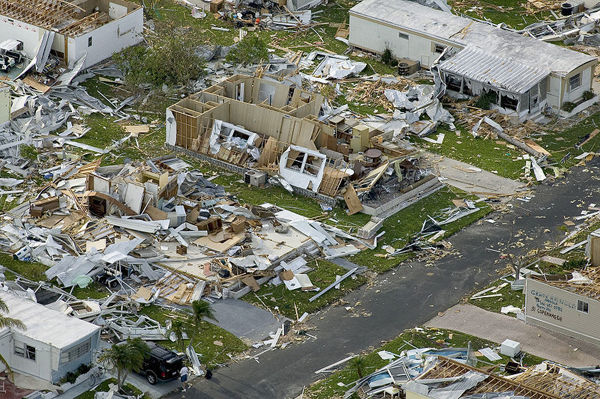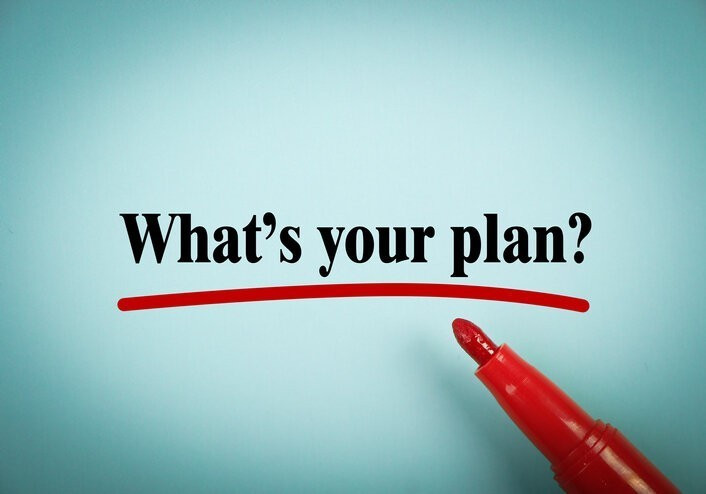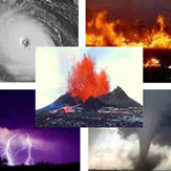
The
images of disasters pull on people’s heartstrings causing those outside
of the impacted area to want to do something to help.
Unfortunately, sometimes this kindness overwhelms agencies and organizations trying to coordinate relief efforts so please review the following general guidelines on helping others after a disaster.
Some things you CAN do…
- Donate money to a recognized voluntary agency since it is the single best way to help disaster survivors. Cash doesn’t need to be sorted, stored or distributed, and it allows the voluntary agency to use the donation towards the needs that most urgently need addressing. The funds can also help stimulate the local economy. Your entire donation goes towards the disaster relief since these organizations raise money for overhead expenses through separate fund drives.
- If you need help in determining who to donate to, National Voluntary Organization Active in Disaster website has a list of major nonprofits active in disaster work at www.nvoad.org
- Learn what to say (and not say) to victims of disaster. Check out “Loss: What to Say After the Flood, Earthquake, or Disaster from Grief Expert Aurora Winter” on PRnewswire
- Donate blood or organize a blood drive.
Some things you DON’T want to do…
- Don’t show up unannounced with unsolicited goods (things like clothing, miscellaneous household items, mixed or perishable foodstuffs, diapers, etc). Critical resources will be redirected from the important work of response and relief to managing what often becomes a crush of unneeded donated items.
- Always work with a relief agency to confirm what items are needed. Do not begin collecting, packing or shipping until you have a known recipient who will accept the donation.
- If your company wants to donate emergency supplies, donate a quantity of a given item or class of items (such as nonperishable food) rather than a mix of different items. Also, find out where donation is going, how it’s going to get there, who’s going to unload it and how it will be distributed. Without good planning, much needed supplies will be left unused.
- If you want to volunteer your services after a disaster, listen to local news reports for information about where volunteers are needed. Please STAY AWAY from disaster areas until volunteers are specifically requested!
- If you are needed in a disaster area, bring your own food, water and emergency supplies. This is especially important in cases where a large area has been hit since these items may be in short supply.
- Don’t drive down to a disaster site to gawk. People who go into areas to see the destruction make it harder for everyone working to clean it up and for the people who live there.
For information on other ways to help visit www.fema.gov/volunteer-donate-responsibly
Also download a free portion of USFRA's Family Preparedness and First Aid ebook (and order the full PDF ebook 70% off list) and learn how to get more prepared for disasters and emergencies.



